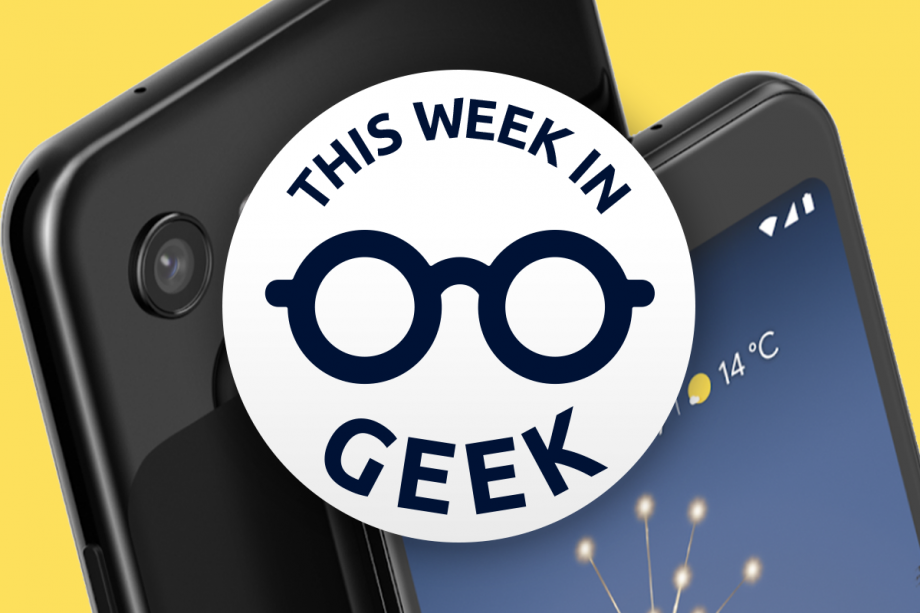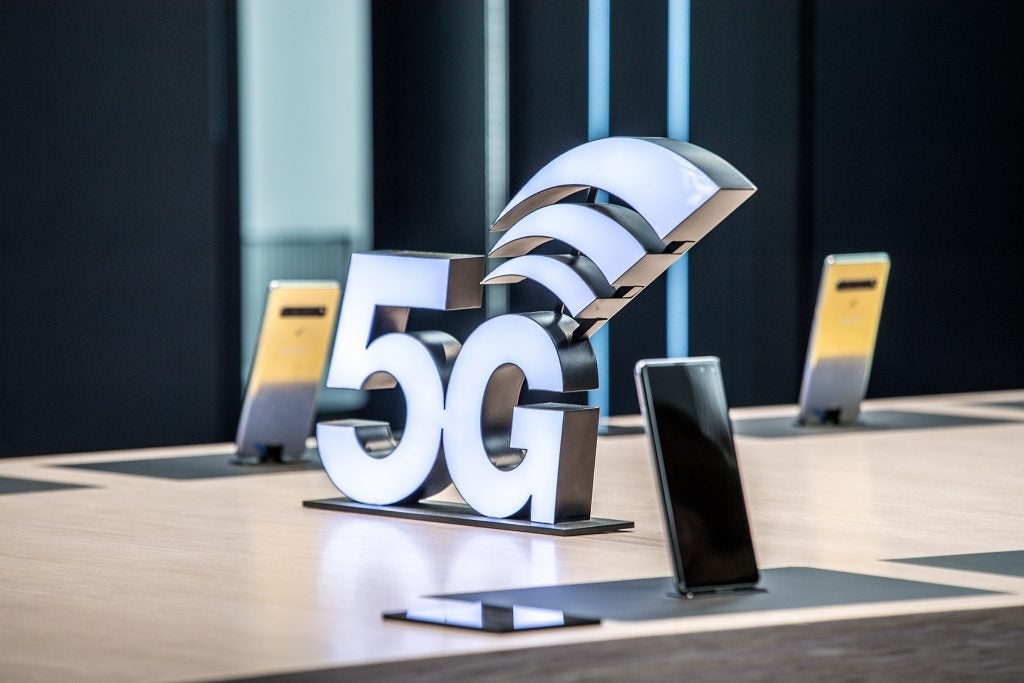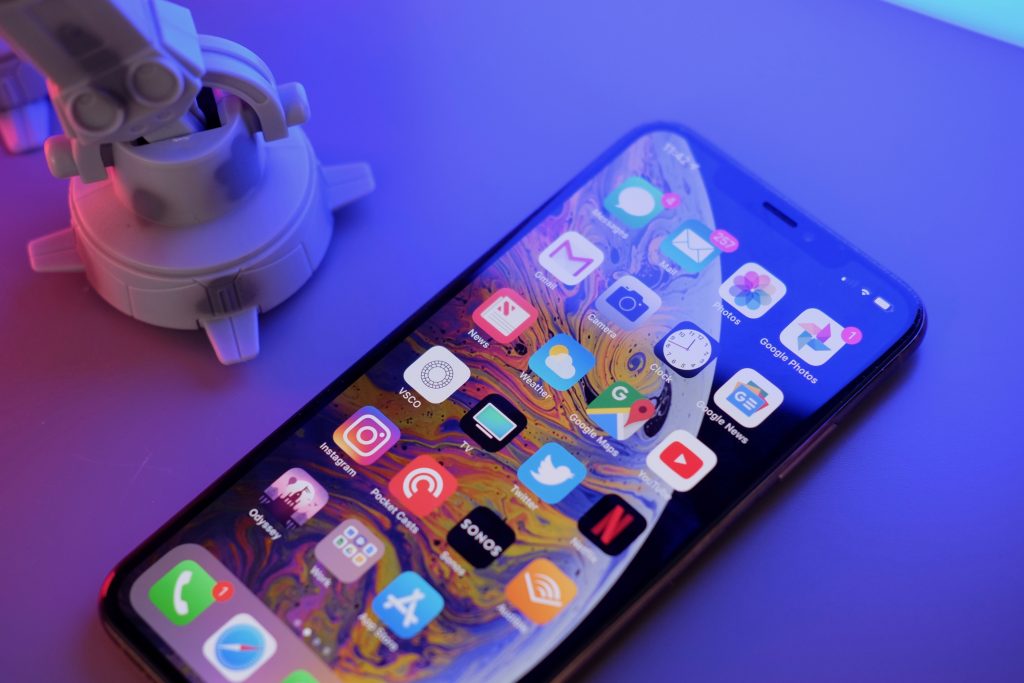Exciting iPhone news, 5G fever, and a cheap phones shocker: The Week in Geek

We’ve had yet another huge (excruciating) week in British politics, so the steady drip-drip of tech news has been a very welcome distraction from everything that’s been going down in Westminster. And, almost as if they knew we all needed a pick-me-up, there’s been plenty to get excited about.
So, what happened in the week in geek?
Shock Horror: People like cheap, good phones
As soon as we got wind of the Google Pixel 3a, it seemed obvious to everyone that it would be a winner. An affordable smartphone with an outstanding camera and pure Android experience? Yes please. And lo and behold, it looks like we were right. Pats on the back all round.
Alphabet’s Q2 earnings report came out this week, and it revealed that the 3a has massively boosted overall Pixel sales. “With the launch of Pixel 3a in May, overall Pixel unit sales in Q2 grew more than two times year-over-year,” CEO Sundar Pichai said.
A detailed breakdown of sales numbers for each of the various Pixel models hasn’t been revealed, but hopefully the news encourages Google’s big-name rivals − we’re looking at you, Samsung and Apple − to focus on creating devices that are both cheap and really good.
The likes of Motorola, Xiaomi and Honor have consistently produced terrific cheap phones, but they’re not the most fashionable of brands – and yes, that is something people consider. The success of Google’s Pixel 3a prove that there’s a gap in the market for a mid-ranger with big name behind it.
Related: Best cheap mobile phones
Flagship smartphones are already ludicrously expensive, yet they’re getting pricier every year. And sorry Apple, but you’re not convincing anyone that the iPhone XR is an affordable phone. The same applies to Samsung with the Galaxy S10e.
 5G fever is spreading
5G fever is spreading
It’s been difficult keeping track of all of the 5G-related things that have happened over recent months, but this week was a biggie.
Thousands of Tens of early-adopters planning to head off to Germany, Italy or Spain for the summer holidays would have been thrilled when Vodafone became the first UK network to launch 5G roaming. The mobile operator hasn’t released a full list of roaming destinations yet, but we’re confident that 5G will be available to Vodafone customers in parts of Berlin, Barcelona, Munich, Madrid and Rome.
Three and O2, who have been oddly quiet on the 5G front (at least in comparison to EE and Vodafone), have finally decided to join the party. Three brought some tasty goodies with it too.
The network has revealed that customers won’t be charged extra for 5G. It will send its 5G network live in 25 cities around the UK later this year, and has consistently claimed that it will provide the fastest speeds.
Related: 5G in the UK
O2 reminded everyone that it exists by announcing that it will launch its 5G network in October, in Belfast, Cardiff, Edinburgh, London, Slough and Leeds. Sky Mobile is getting in on the action too.
But that’s not all. Qualcomm is opening a new lab in the UK for phone makers and mobile operators to test their 5G NR mmWave devices and network configurations − simply put, the future looks extremely fast.
Juicy stuff from Apple
If you thought that bit up there would be the final mention of 5G in this article, you were wrong. This week has been a huge one for Apple, which has just coughed up $1 billion for the majority of Intel’s modem making business.
What that screams out to us is: “5G iPhone!”
Hold your horses though, because that probably won’t happen this year. A multitude of rumours have claimed that the first 5G iPhone will launch in 2020, and if they’re true, it’s looking like that device will feature a modem that was home-made − the tastiest kind of modem, I’m sure you’ll agree.
“Smartphone manufacturers building chipsets is not new: Samsung and Huawei are well known for doing it. The biggest advantage is actually a technological one – the manufacturer is able to control more closely how the electronics are built and therefore come up with a super performer device. It is a matter of optimizing the device to all components,” IDC research manager Marta Pinto told Trusted Reviews.
“Also by building a chipset in-house, Apple will be able to bring some differentiation to the market as it can adapt the device to whatever innovative feature it wants to introduce without having to build on top of other’s platforms.”
But that’s not the only good news. It also looks like the widely hated butterfly keyboard is about to be crushed.
High-profile analyst Ming-Chi Kuo believes that the much-rumoured 16-inch MacBook Pro (expected later this year) will switch back to the less slim but more reliable scissor switch keyboard. All of Apple’s new MacBook models for 2020 are expected to follow suit.
Have a great weekend!


 5G fever is spreading
5G fever is spreading
